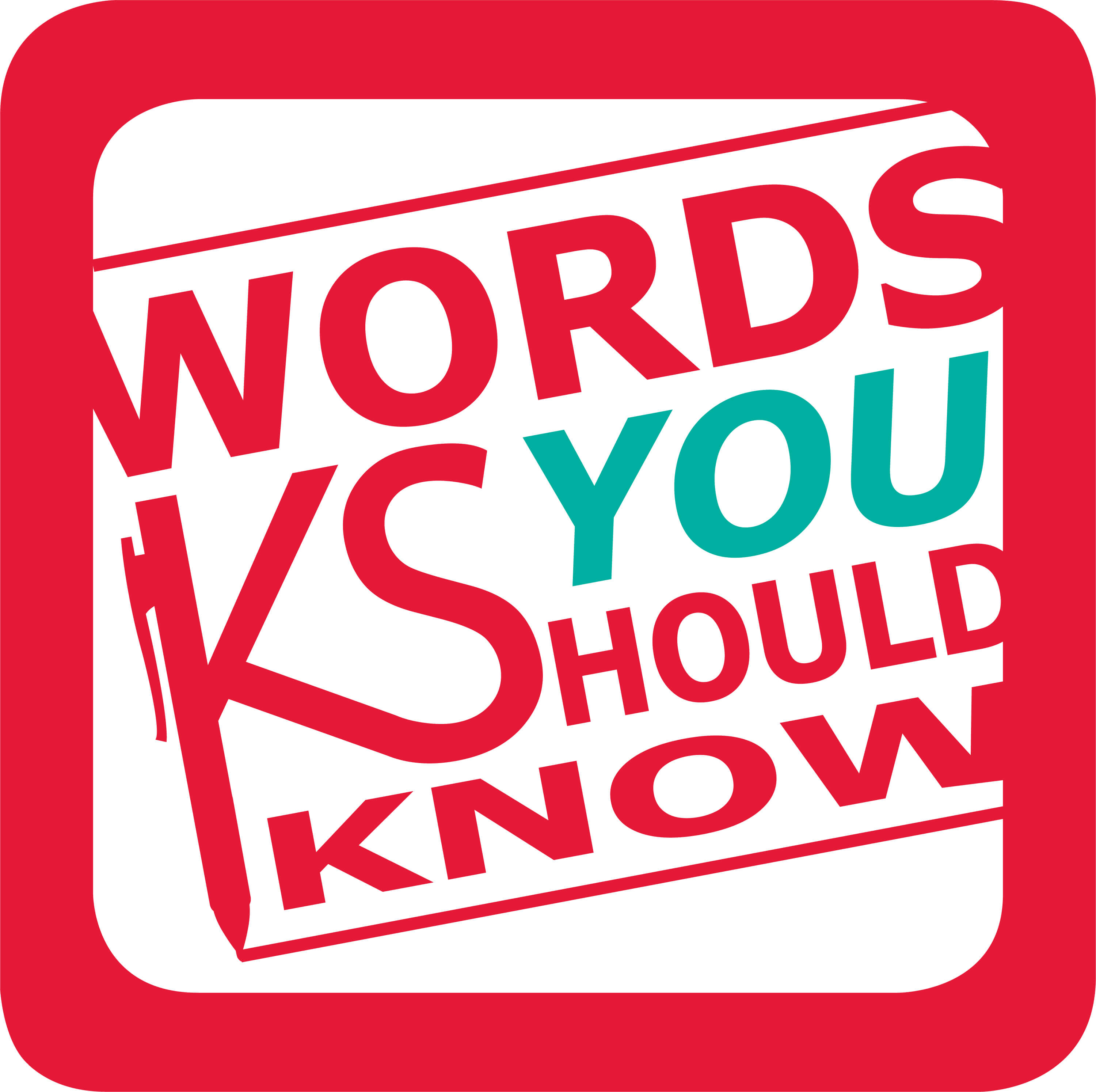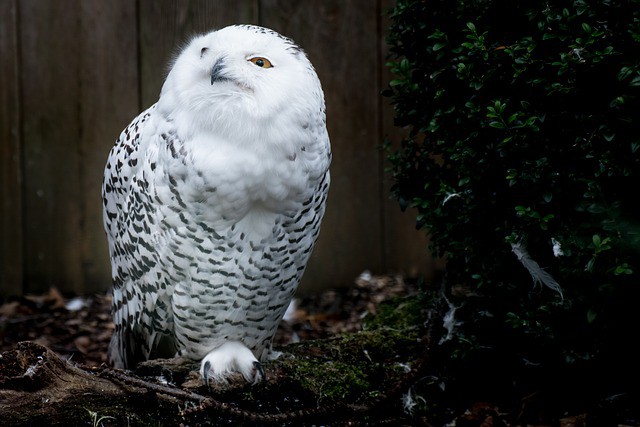
Before I dive into the trickery of English language spacing, let me tell you a story about selling books at midnight at the launch of J.K. Rowling’s 5th book in the Harry Potter series, The Order of the Phoenix.
I was in college at the time, working at a bookstore, and the build-up had been growing for weeks. Pre-orders were organized. Boxes were piled up in the back. Everyone working that night had to don at minimum a cape. The one I was given was purple and sparkly. If you know me, you’ll know that purple sparkly capes are not quite my style, but these are the things we do for the love of books and the love of readers.
Episode 7: Harry Potter and the Trickery of Spacing (“One-Time” vs. “Onetime” vs. “One Time”)
Podcast: Play in new window | Download
Approximate transcript:
At midnight, a massive man, Hagrid—I’m still pretty sure he was the actual Hagrid—rolled up into the strip mall parking lot on a motorcycle. His beard hung low. His hair was wild. His capes and animal skins hung off of him proving his expertise of magical creatures. I might have been as entranced as the no-longer sleepy-eyed children queued up outside the bookshop’s doors.
Books are magic. Books about magic are definitely magic. This one time in my life etched that into my being.
But let’s get back to today’s quest into the trickery of spacing.
Once upon a time, you thought language was simple, didn’t you? Then came the moment you started to over-think the differences between “onetime” vs. “one time” vs. “one-time”—and your boggled mind hasn’t been the same since.
I jest… but then, maybe I don’t. These are the subtleties that catch us and take our writing back a step.
Remember:
- “Onetime” is an adjective, meaning former, as in “a onetime addict to Harry Potter.”
- “One time” (two separate words) is an adjective and a noun, meaning a single occasion, as in, “One time, I wore a purple sparkling cape because my bookstore employer dictated it on the night of a Harry Potter midnight release.”
- “One-time” is an adjective, meaning happening only once, as in, “I’m pretty sure pretend Hagrid riding up on his motorcycle at the strip mall was a one-time occasion.”
Admittedly, the difference between “onetime” and “one-time” seems to be a recent development, with many dictionaries (especially those outside of North America) not yet making a distinction between the two. Will this new rule hold? Only time will tell.
A single space, a hyphen, a combined word—Harry Potter book-selling memories aside, the distinctions aren’t matters of wizardly trickery. Only English language trickery.
Does that make it easier to deal with? Perhaps not. But the good news is that you don’t need a magic wand to conquer it once and for all.
Join 1,000+ subscribers and sign up for my writing and editing email newsletter for more tips like this.
And don’t forget to subscribe to this podcast (via Apple Podcasts, Android, Google Podcasts, Stitcher, or RSS) so you’ll never miss out on another word you should know. Like what you heard? Rate my show on iTunes or wherever you listen.
Contact me today if you have any language questions for a future episode. I’d love to hear from you!
